Today marks the 25th anniversary of the political carve up known as the Good Friday Agreement. I remember it well and today all you will read is eulogies to the wisdom and kindness of all those involved in this Herculean task. However, I will give you an alternative view from the perspective of someone who was peripherally involved with most of the main players. I opposed in then, I oppose it now, but I have gained additional insights and I wanted to share them with you on this day.
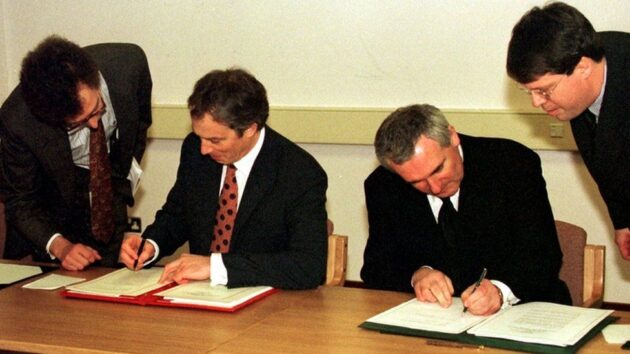
One of my most abiding memories of Good Friday 1998 was that the sky darkened and there were flurries of sleet and snow. All that was missing was lightning. It was as if the Almighty was having his say on what had just been concluded. And precisely what had been concluded?
There were five core elements to the “Good Friday Agreement” and every one of them will be mispresented to you today so let me put the record straight.
- Democracy was killed. The sordid little deal that the US/UK engineered with a little help from the EU and Ireland meant that a form of Government was agreed that ensured no major party on either side of the political divide could ever be voted out of office. Sectarianism was institutionalised. The essence of a functioning democracy is that the electorate can vote any Party out of power. This cannot happen in Northern Ireland.
- Murderers were rewarded, their victims were betrayed. It was agreed that if elected, the IRA’s delegates could sit in Government in perpetuity. This was sold to the electorate as a necessary “risk for peace”. Mass murderers walked free from prison to the horror of the next of kin.
- The Office of First Minister and Deputy First Minister was created to lure gullible unionists into supporting the deal. In fact, this was an illusion as both positions carried exactly the same powers.
- The agreement talked about the “decommissioning” of IRA weapons, but this was cloaked in ambiguity, and it became clear in subsequent years that many such illegal weapons stayed available to the killers. Killings did not stop with this Agreement.
- An amnesty for the killers was agreed. The politicians muttered that this was the price “we” had to pay for peace.
In the year or so running up to this, I was politically active in a small Unionist Party led by Robert McCartney KC MP. (UKUP). We believed that the core elements of what was being negotiated were immoral and as we said at that time “nothing that is morally wrong can be politically right”. We were naïve in our thinking in retrospect. The entire political “negotiations” were contrived, and the US really called the shots. Bill Clinton was President and his wingman George Mitchell oversaw what happened on the ground. I recall a very fiery meeting between Robert McCartney, myself and George Mitchell in which home truths were spelt out. But it didn’t make a joy of difference. Tony Blair was in Downing Street, the media were universally aligned in favour of the “deal” so the propaganda was off the scale. Anyone who opposed the arrangements being made behind closed doors was labelled as someone who wanted to keep the killing going. Appeasement was back in style.
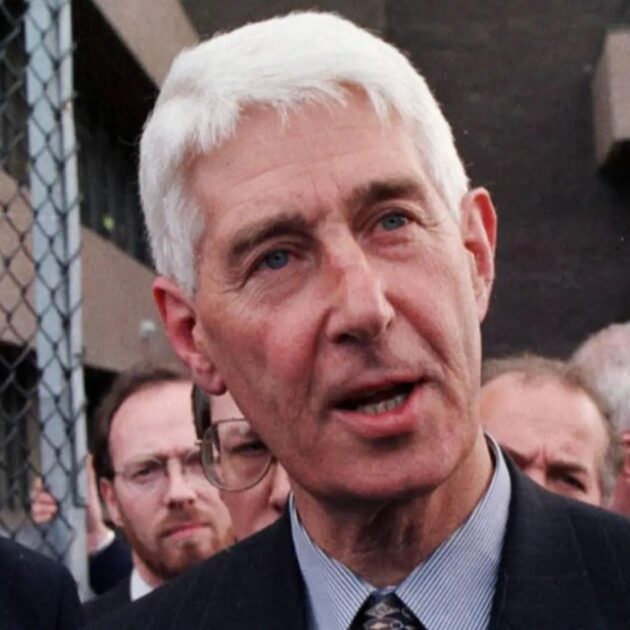
In order for them to get their toxic Good Friday deal, they had to persuade the Ulster Unionist Party to accept sharing power with terrorists. It was the largest Unionist Party at the time, although it would be subsequently reduced to rubble.
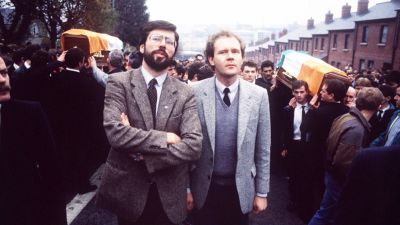
Gerry Adams and Martin McGuinness ran the IRA killing machine back then so it was quite an achievement to get David Trimble to discard his principles, betray the forces of law and order (He was a Barrister by qualification) I remember we had talks with David Trimble and it was obvious that he believed realpolitik must prevail, although not all his Party agreed. Looking back, he was subject to all the pressure of the US/UK/EU and I suppose that was hard to withstand. I am equally certain other dark forces were in play, Alastair Campbell was prominent in the PR department for Tony Blair. I remember one press conference where I was present as all the local journalists swooned over his every word. I felt sick.
In recent years, the entire UK population has been subject to the Covid psyops. Having lived through the “Good Friday” psyops I understand only too well how massive co-ordinated political/media messaging can convince people to do things that they instinctively know to be wrong. I understand how they take a line like “We all want peace” and use that to emotionally blackmail people into accepting killers ruling them. It’s a bit like “We all want to stay safe from illness” ended up “take the death jab”!
25 years ago, I was proud to oppose the evil of that which they cloyingly called “The Good Friday Agreement” just as I have resolutely opposed Covid tyranny. As the years pass, I am reminded of Churchill observation that “an appeaser is someone who feeds a crocodile hoping it will eat him last” – the crocodiles have been feeding ever since.
Visits: 298






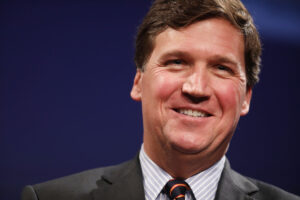
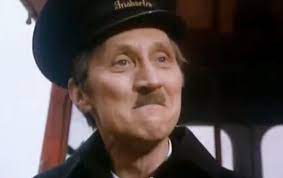




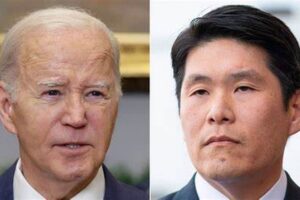



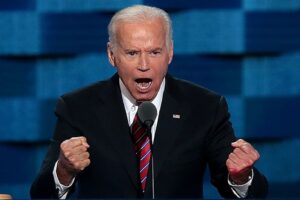





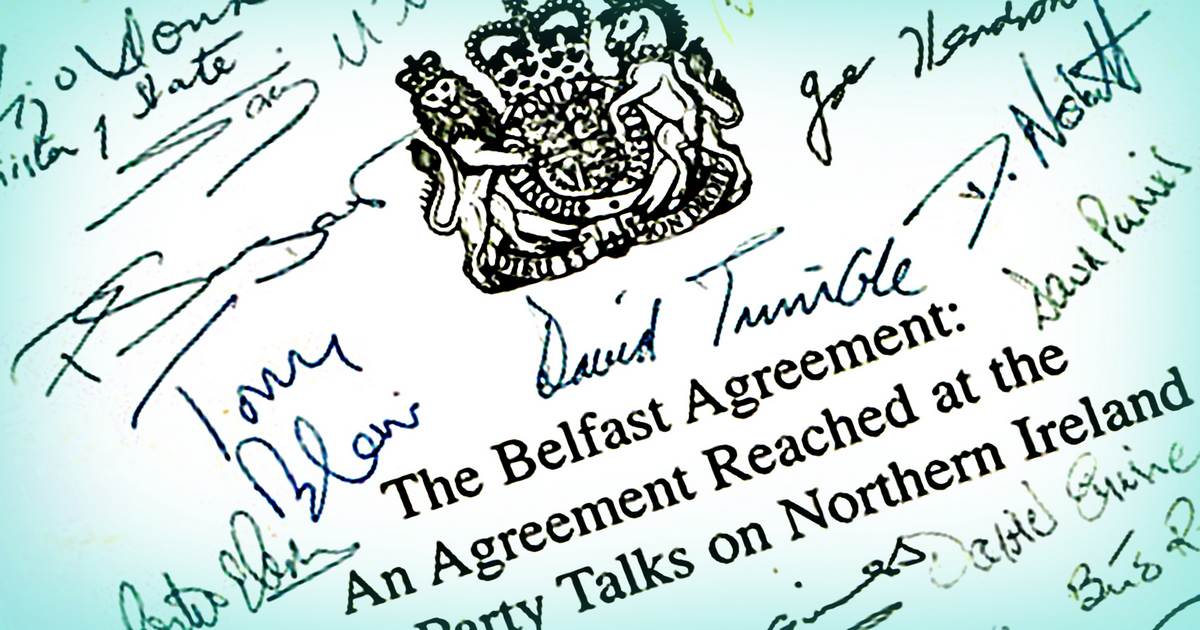

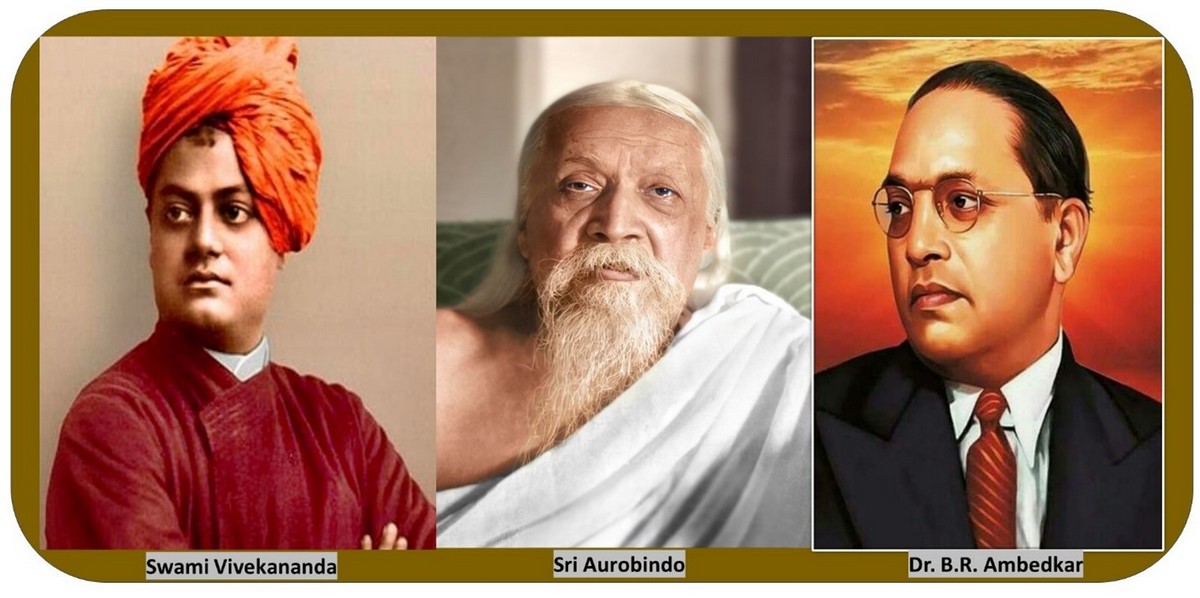
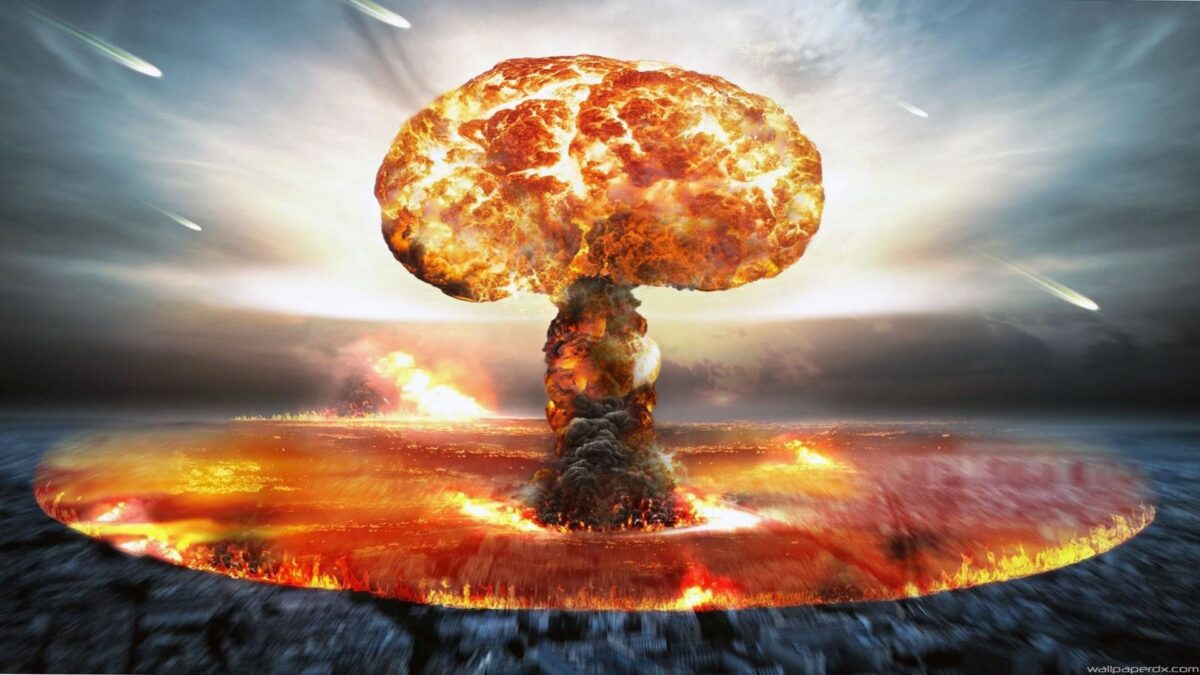
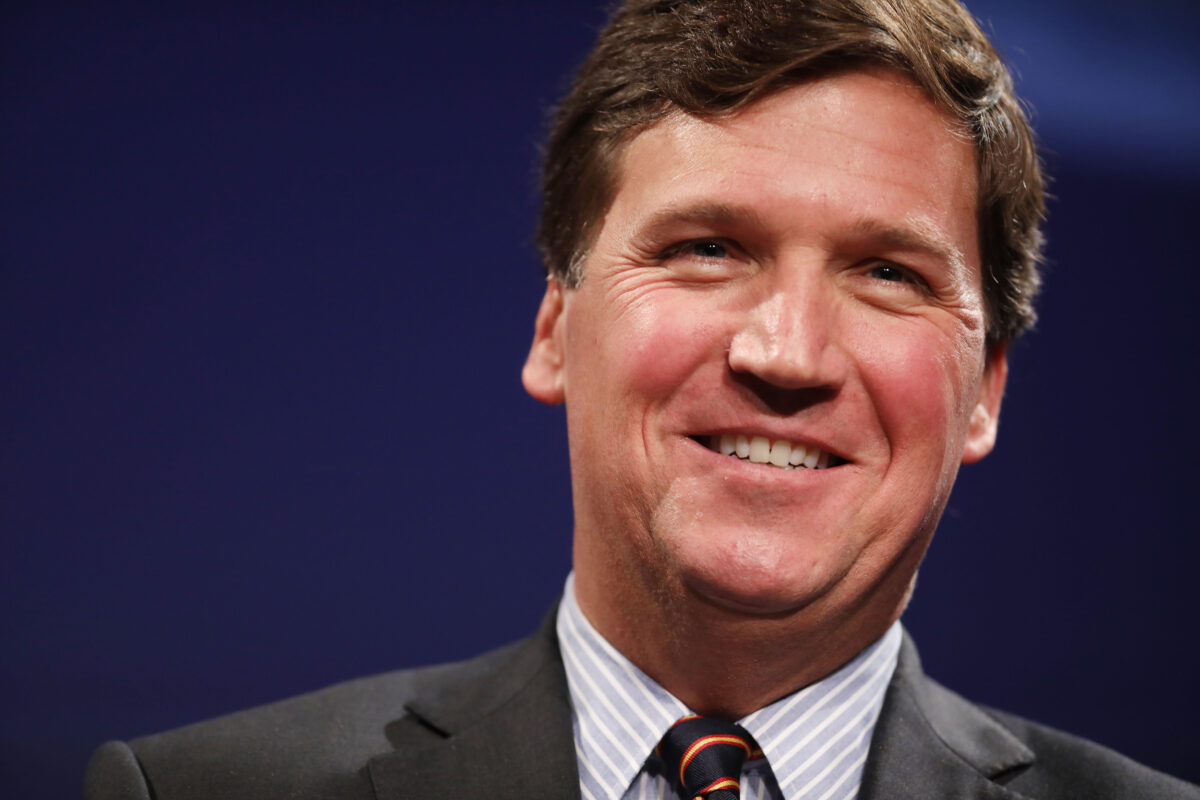

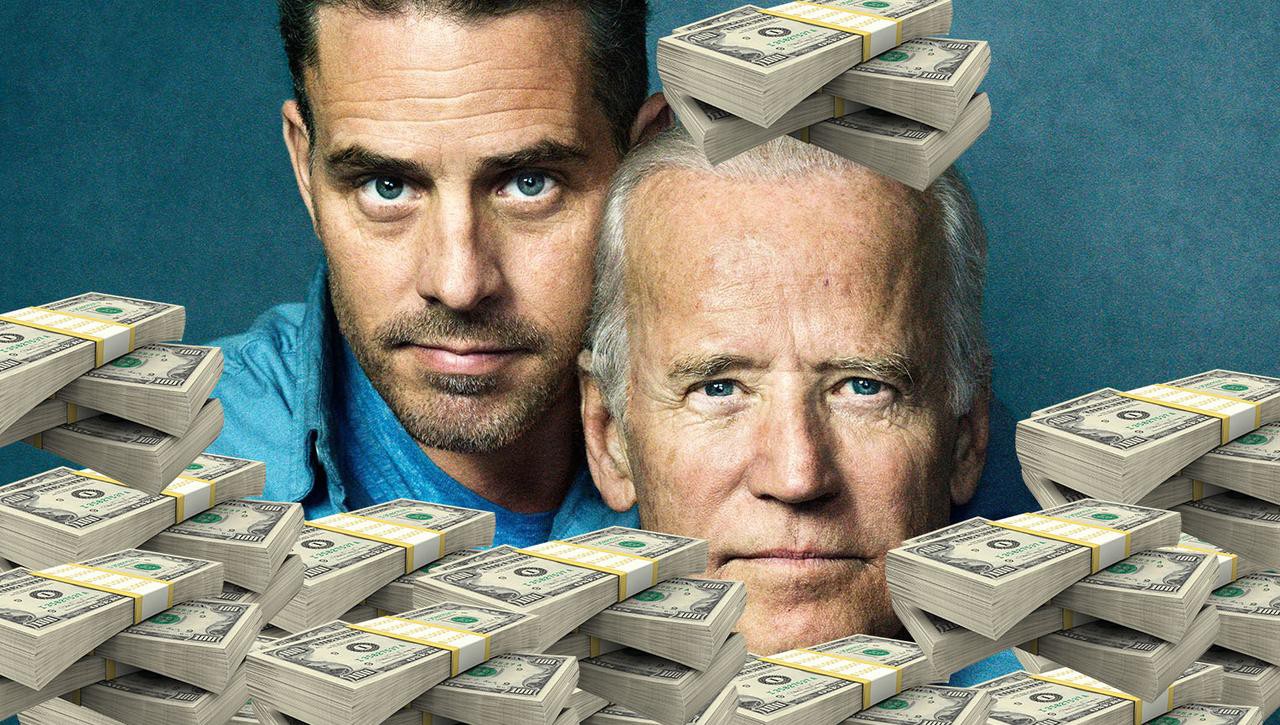
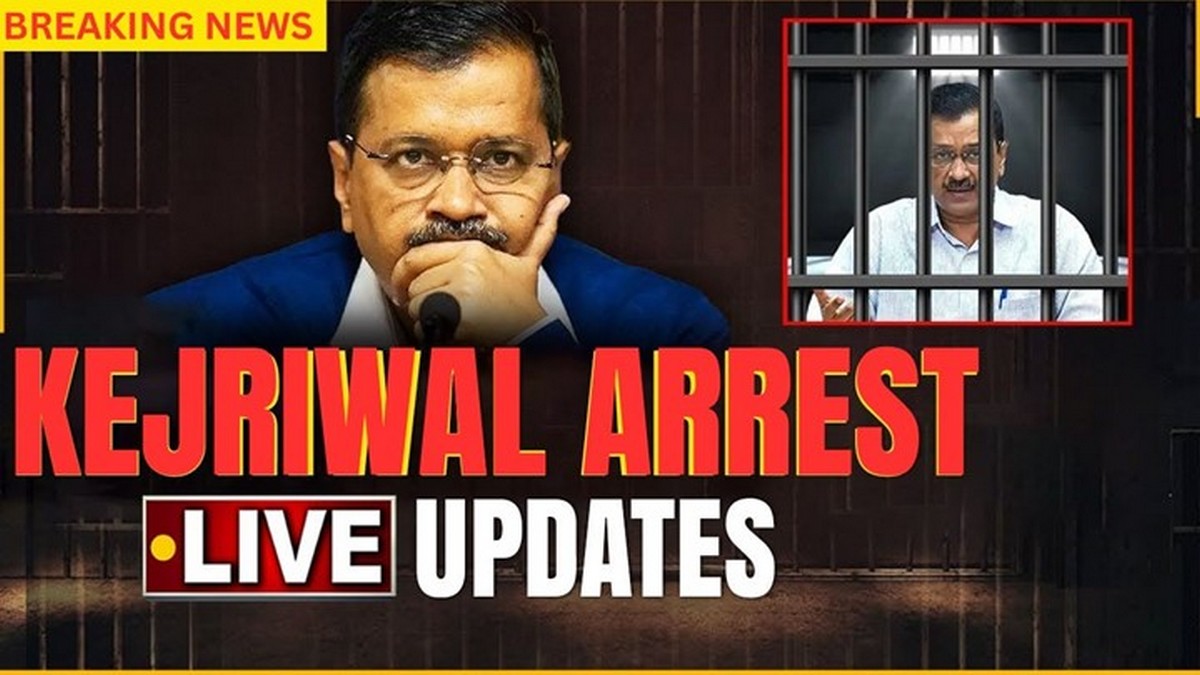

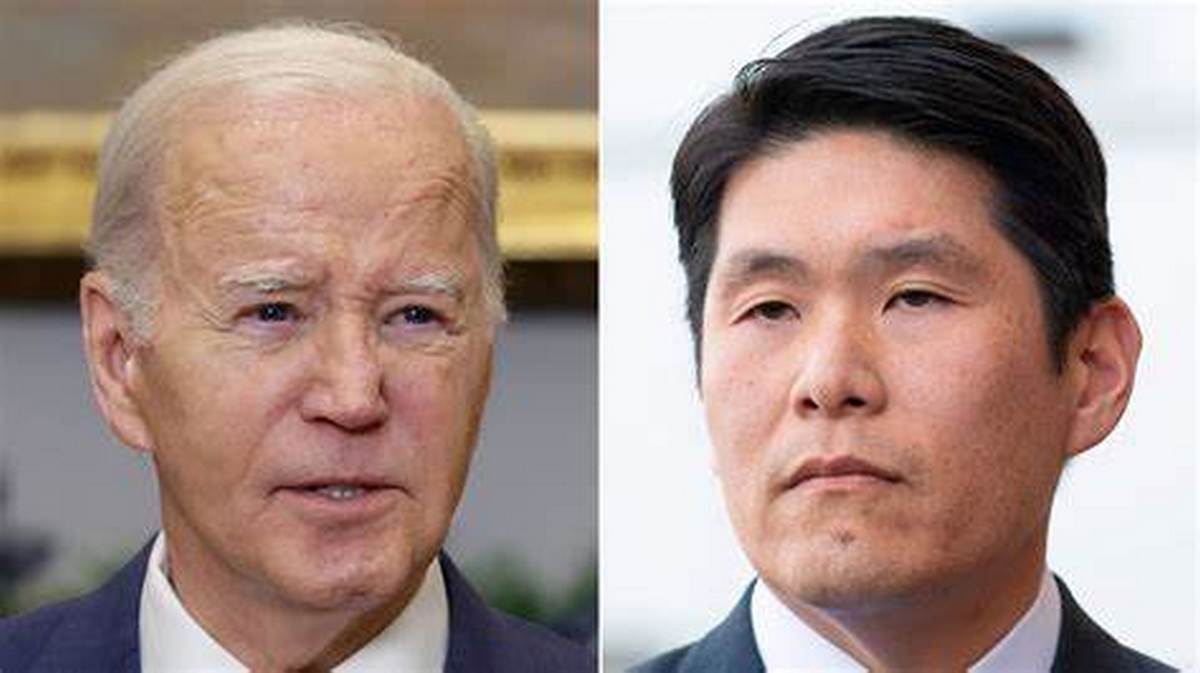
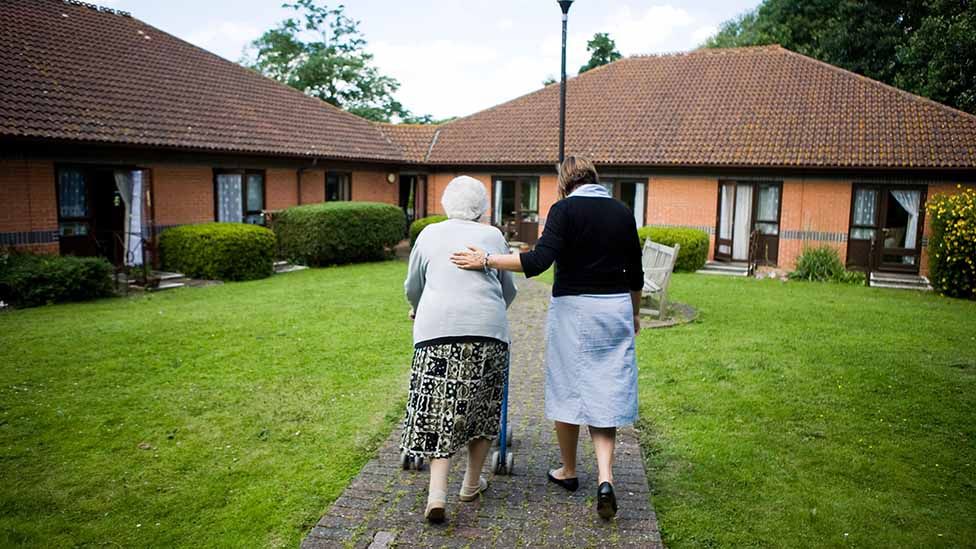

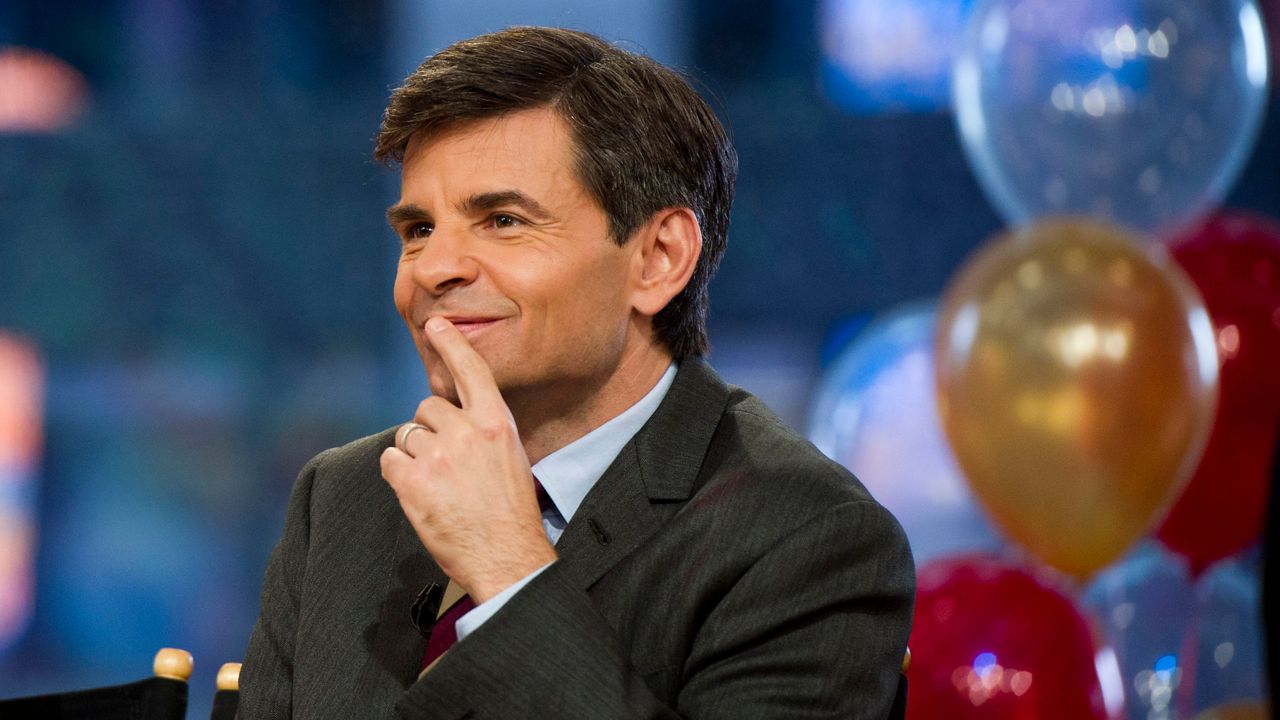

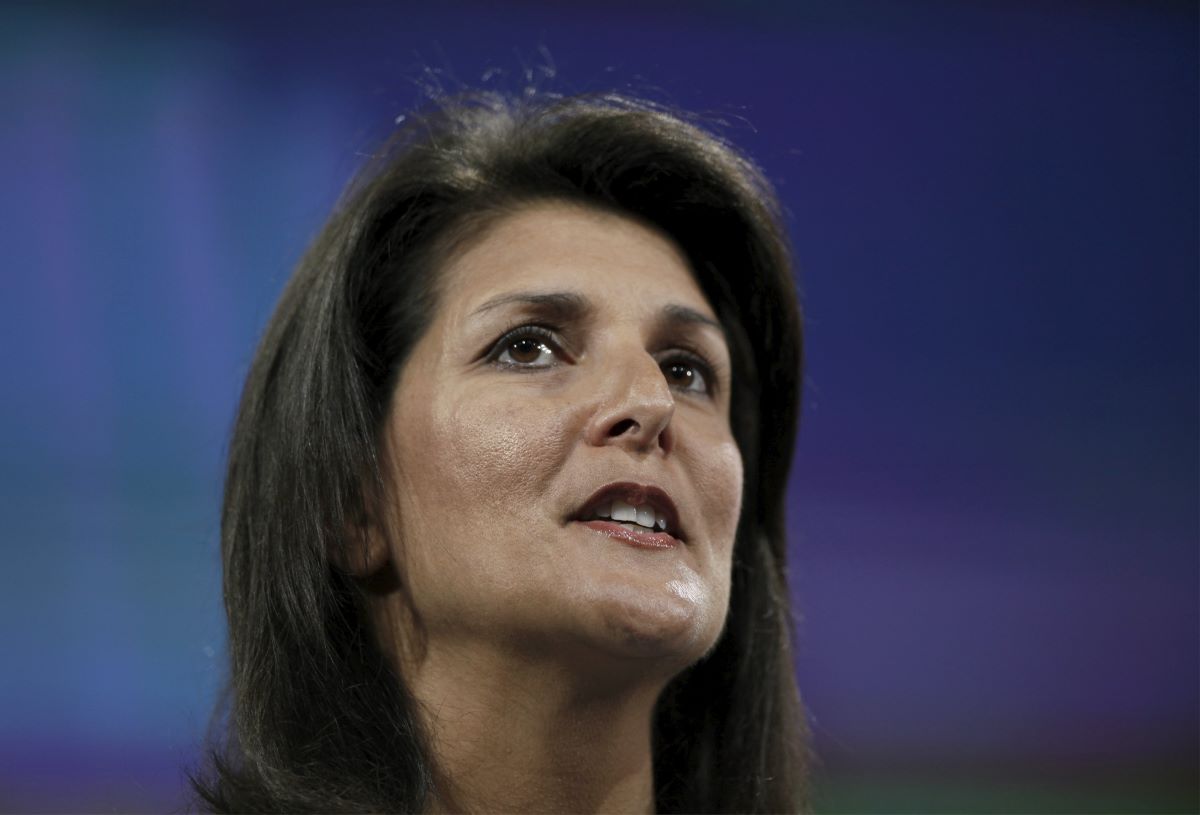
Good article David. A couple of shocking additions that I read in some of Peter Hitchen’s writing, which I therefore assume to be true:
> In a large part of Northern Ireland, on only 17 days of the year is it lawful to fly the Union Flag from government buildings. On the other days it is, remarkably, against the law.
> The UK government must respect the result of a Northern Ireland referendum for a united Ireland if the vote is for Dublin rule. If the vote is against unification, the referendum can be held again every seven years until the ‘right’ answer (unification) is obtained.
Also, if you care to comment, it would be interesting to hear your take on why Ian Paisley was willing to compromise and share power with Sinn Fein. Was it as simple as softening his stance to achieve some sort of peace?